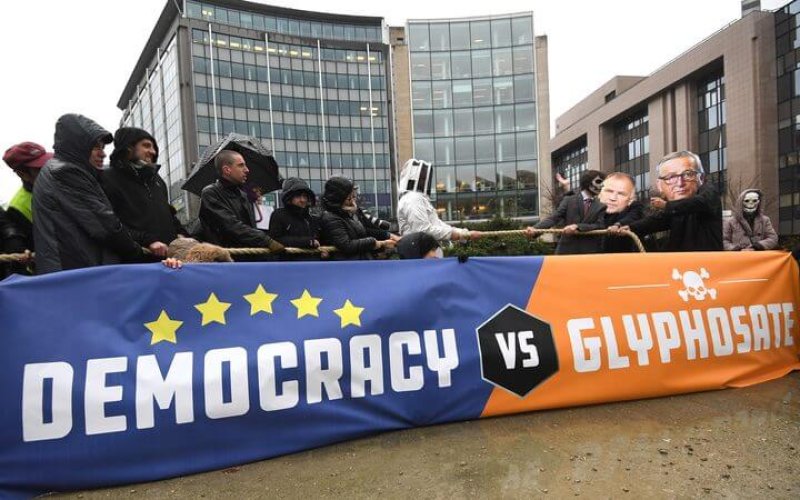Earlier this year, the European Parliament created PEST, a temporary committee on pesticides, to try and draw a line under the controversy surrounding the EU’s approval process for the widely used herbicide glyphosate. However, the latest meeting of PEST, which took place [in early June], may have stirred up even more drama.
This renewed controversy has arisen primarily due to the alleged use of the committee as a point-scoring platform in the run-up to next year’s elections, as well as its decision to seek counsel from Christopher Portier— a scientist who was one of the major points of contention in the original scandal. At a time when the glyphosate controversy has only inflamed the EU’s reputation as an unwieldy decision maker, the committee’s focus and choice of witnesses risks only making matters worse.
…
After coming under heavy fire for its decision to approve glyphosate for a further five years, it’s only right that the EU should have created PEST – not only to cover its own back, but also to clear up once and for all the various misunderstandings surrounding the wider chemical approval process. However, vagueness over the committee’s exact utility, suggestions that it may be being manipulated for political gains and the questionable integrity of its chosen witnesses do nothing to help the bloc assuage public fears over the validity of the methods it uses.
Read full, original article: PEST IN DANGER OF AGGRAVATING GLYPHOSATE CONTROVERSY































